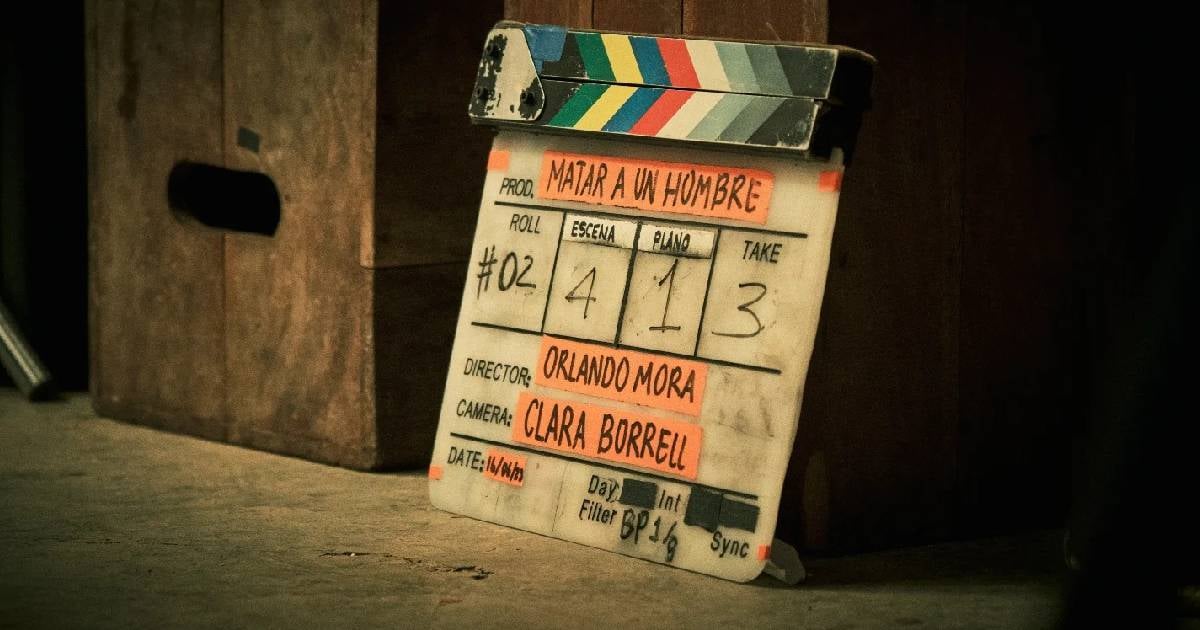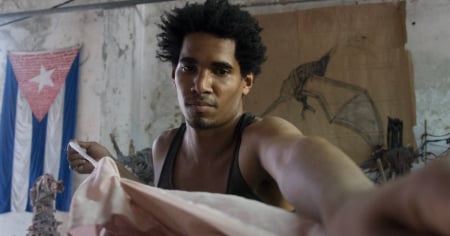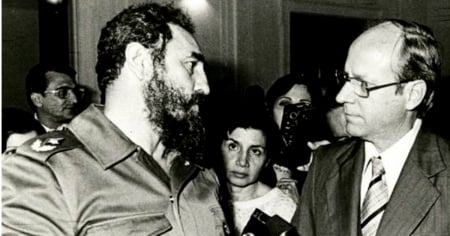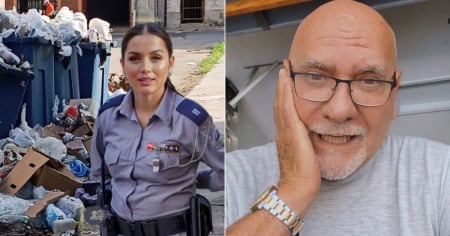
Related videos:
Cuban filmmaker Orlando Mora Cabrera, director of the short film "Killing a Man," publicly denounced what he described as an act of institutional censorship motivated by homophobic reasons during the 45th International Festival of New Latin American Cinema in Havana, held from December 5 to 15.
In a lengthy statement, the director detailed a series of incidents that led to the exclusion of his work from the official program, despite having been selected for the short and medium-length film competition.

According to Mora Cabrera, the irregularities began with the announcement of the program. During the press conference on November 20, "Killing a Man" was included as part of the official selection, although its notification came considerably later than that of the international films.
Later, on December 7, the Cuban Institute of Cinematographic Art and Industry (ICAIC) included the film in its Cinema and Video Billboard, highlighting it as one of the recommended titles in the circuit.
However, the premiere scheduled for Sunday, December 8, did not take place, reportedly due to electrical issues at the Multicine Infanta. The director was informed that, even if the power was restored, his film would not be screened to avoid delaying the next showing.
Similar situations occurred on Monday, December 9, when, despite the presence of producer Priscilla Valdez, cinema 23 and 12 remained without electrical service, while the rest of the block had already been restored.
In the following days, Mora Cabrera attempted to engage in dialogue with the festival authorities to secure a new screening. On Tuesday, December 10, a rescheduling was announced at the Cine Acapulco, but the screening was once again canceled without clear explanations.
The director continued his efforts until Sunday, December 15, when he realized that “Murdering a Man” had not been included in the program for the final day.
In his statement, Mora Cabrera expressed his deep indignation, suggesting that the censorship of his film is due to homophobic motives and the fear generated by his critique of various forms of violence and domination in Cuban society.
"It is yet another film awaiting a space for its premiere and national distribution. It saddens me that it will become another movie that is censored and excluded by the Cuban political and cultural authorities," she stated.
The filmmaker also harshly criticized the Havana Festival, pointing out that, despite its historical significance, it has transformed into a space of censorship and exclusion. He denounced the contrast between the marginalization of local works and the inclusion of international productions, labeling it an example of cultural imperialism.
The complaint by Mora Cabrera has reignited criticism regarding the lack of artistic freedom in Cuba and the control exerted by cultural institutions.
Despite the obstacles, the director remained committed to using cinema to promote social change and was determined to seek new venues to showcase his work.
This incident is not an isolated case in the recent landscape of Cuban cinema, which is primarily reflected in the Film Festivals organized annually by the regime.
Last year, the Assembly of Cuban Filmmakers issued a protest against the exclusion of the documentaries "Llamadas desde Moscú," directed by Luis Alejandro Yero, and "La Habana de Fito," by Juan Pin Vilar, from the competition, describing these actions as a "sustained exercise of institutional violence" against creators
Alejandro Yero noted that his work was censored for addressing uncomfortable topics related to the crisis in Cuba and Russia's invasion of Ukraine.
Similarly, in November 2022, filmmaker Carlos Lechuga denounced the censorship of his film "Vicenta B" by the Festival itself, claiming that there were pressures from the Ministry of Culture to prevent its screening.
Despite official denials, the film finally premiered at the Norwegian embassy in Havana in November 2023.
These episodes reflect a concerning trend of censorship and control over film production in Cuba, limiting freedom of expression and thematic diversity in the arts.
Frequently Asked Questions about Censorship at the Havana Film Festival
Why was the Cuban film "Matar a un hombre" censored at the Havana Film Festival?
Filmmaker Orlando Mora Cabrera reported that his film "Matar a un hombre" was censored at the festival due to homophobic reasons and its critique of violence and domination in Cuban society. The film was removed from the official program after various incidents, despite having been selected for the short and medium-length film competition.
What were the reasons given for not screening the film during the festival?
The authorities cited electrical issues in the cinemas where the screening was scheduled, but these problems seemed to affect only Mora Cabrera's film, as other shows went on as usual. The director believes this is merely an excuse to censor his work.
Have there been other cases of censorship at the Havana Film Festival?
Yes, the festival has been the site of several acts of censorship. In past editions, there have been reports of cases such as the exclusion of documentaries addressing topics that are uncomfortable for the Cuban regime. These actions have been criticized by filmmakers and activists as an "exercise of institutional violence" against artistic freedom.
How does censorship affect artistic freedom in Cuba?
Censorship restricts freedom of expression and thematic diversity in Cuban art, impacting filmmakers as well as creators in other disciplines. This control over artistic production reflects the lack of freedom and the regime's fear of social and political criticism.
Filed under:






